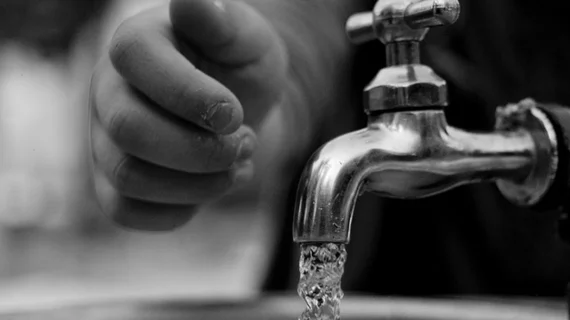Artificial intelligence (AI) is proving valuable across the healthcare spectrum—from helping radiologists screen for disease to predicting difficulties during surgery. Researchers now hope the cutting-edge technology could safeguard public health by monitoring large-scale water treatment operations.
A team from the University of Waterloo, appropriately enough, in Ontario, Canada, have developed AI capable of monitoring bacteria in water treatment systems. Findings were published online June 13 in Scientific Reports.
"We need to protect our water supplies," said Monica Emelko, a professor of civil and environmental engineering and member of the Water Institute at Waterloo. "This tool will arm us with a sentinel system, a more rapid indication when they are threatened. The exciting piece is that we've shown testing utilizing AI can be done quickly and well. Now, it's time to work through all the possible scenarios and optimize the technology."
The AI software is paired with microscopes to test water samples on an hourly basis. The results are then checked by humans on-site. The researchers believe the AI system could drastically reduce the turnaround time for testing results. Current methods involved sending samples out for laboratory testing or costly automated systems.
"This brings our research into a high-impact area," said Alexander Wong, a systems design engineering professor at Waterloo, who worked on the project. "Helping to ensure safe water through widespread deployment of this technology would be one of the great ways to really make AI count."

